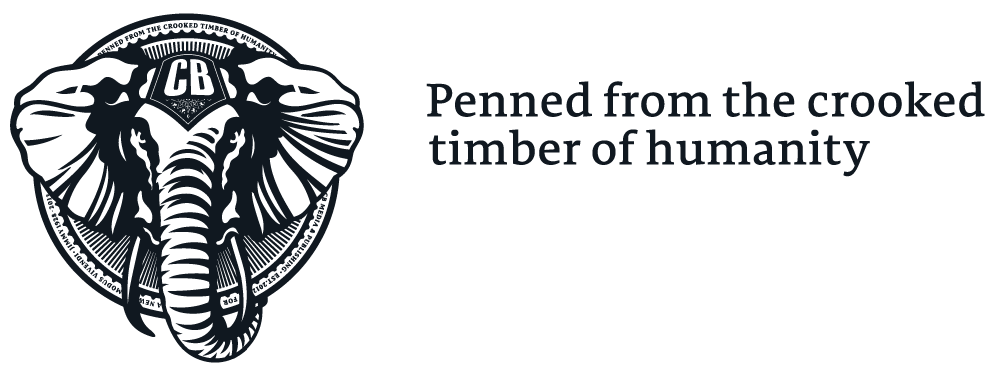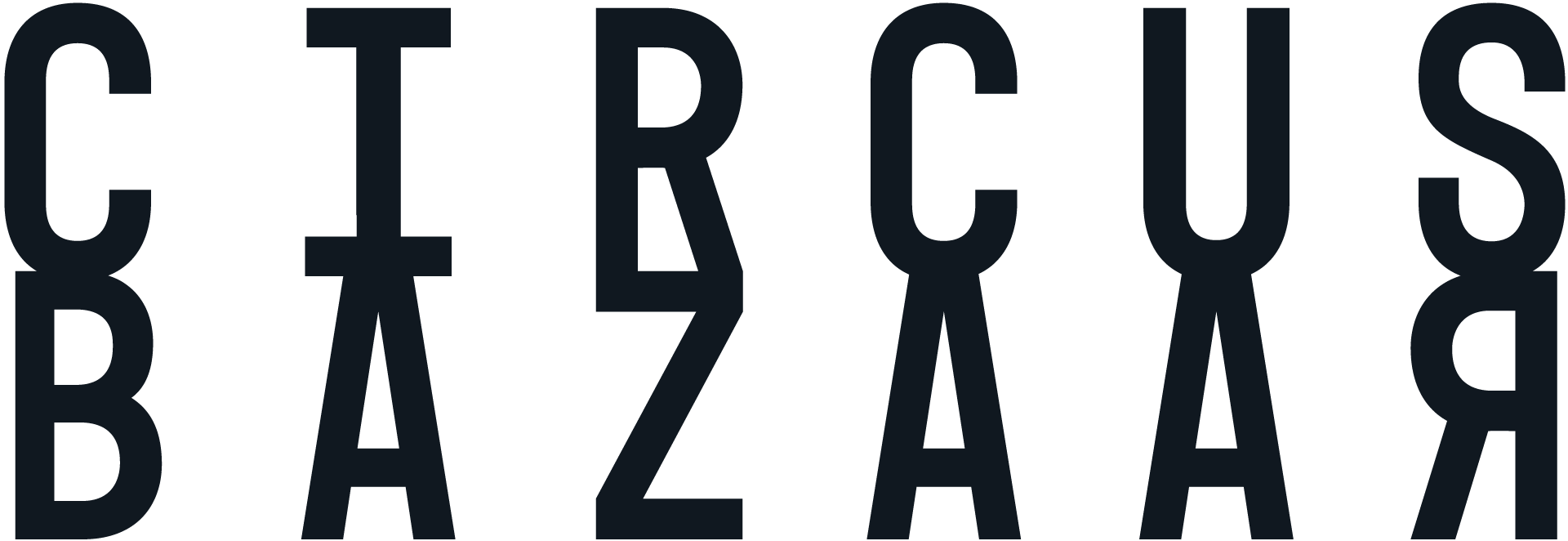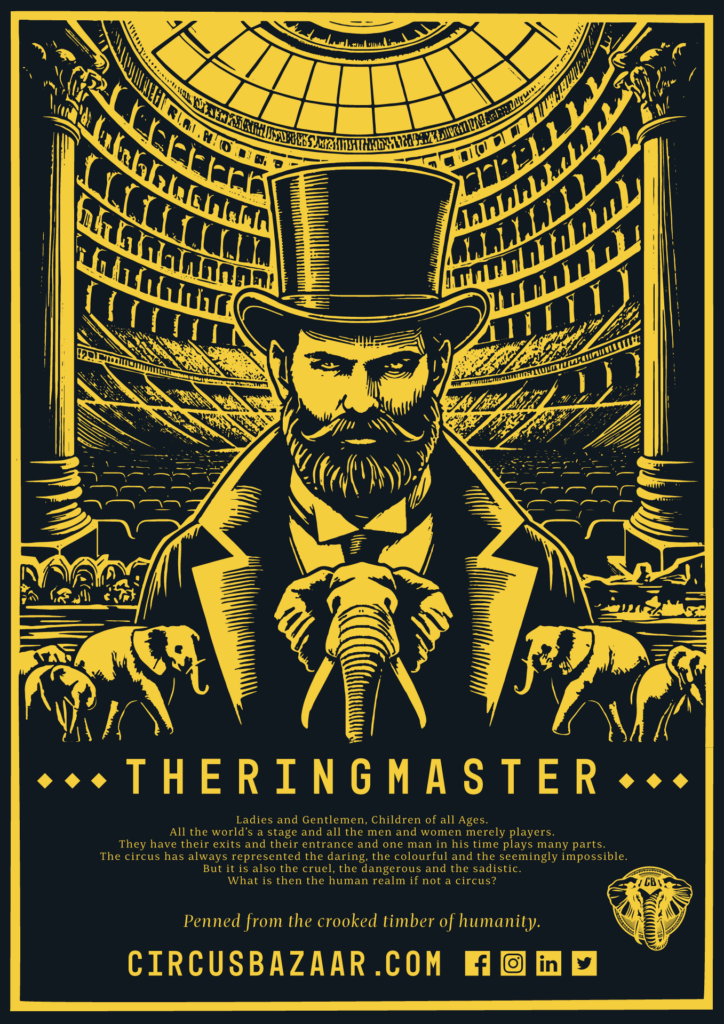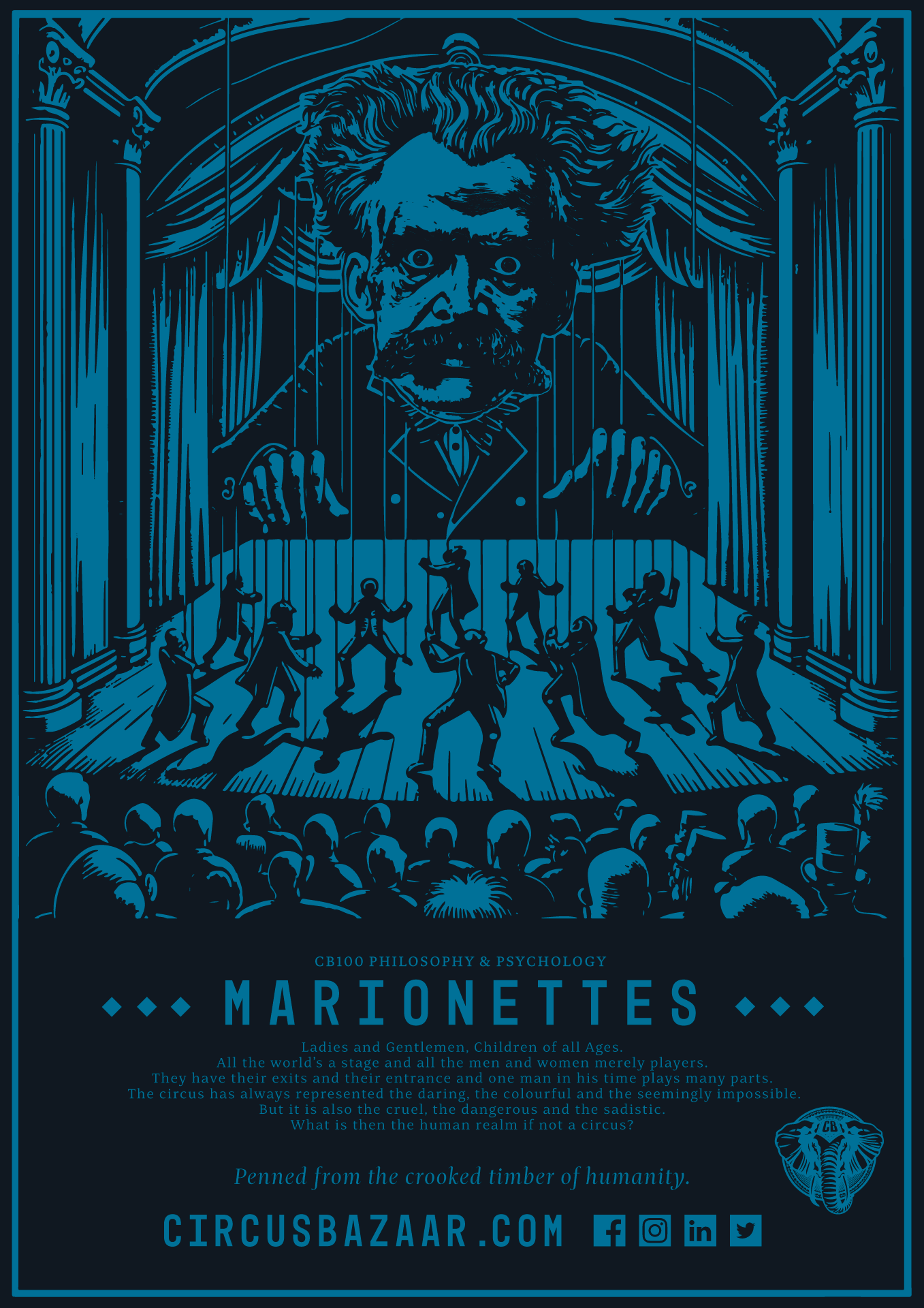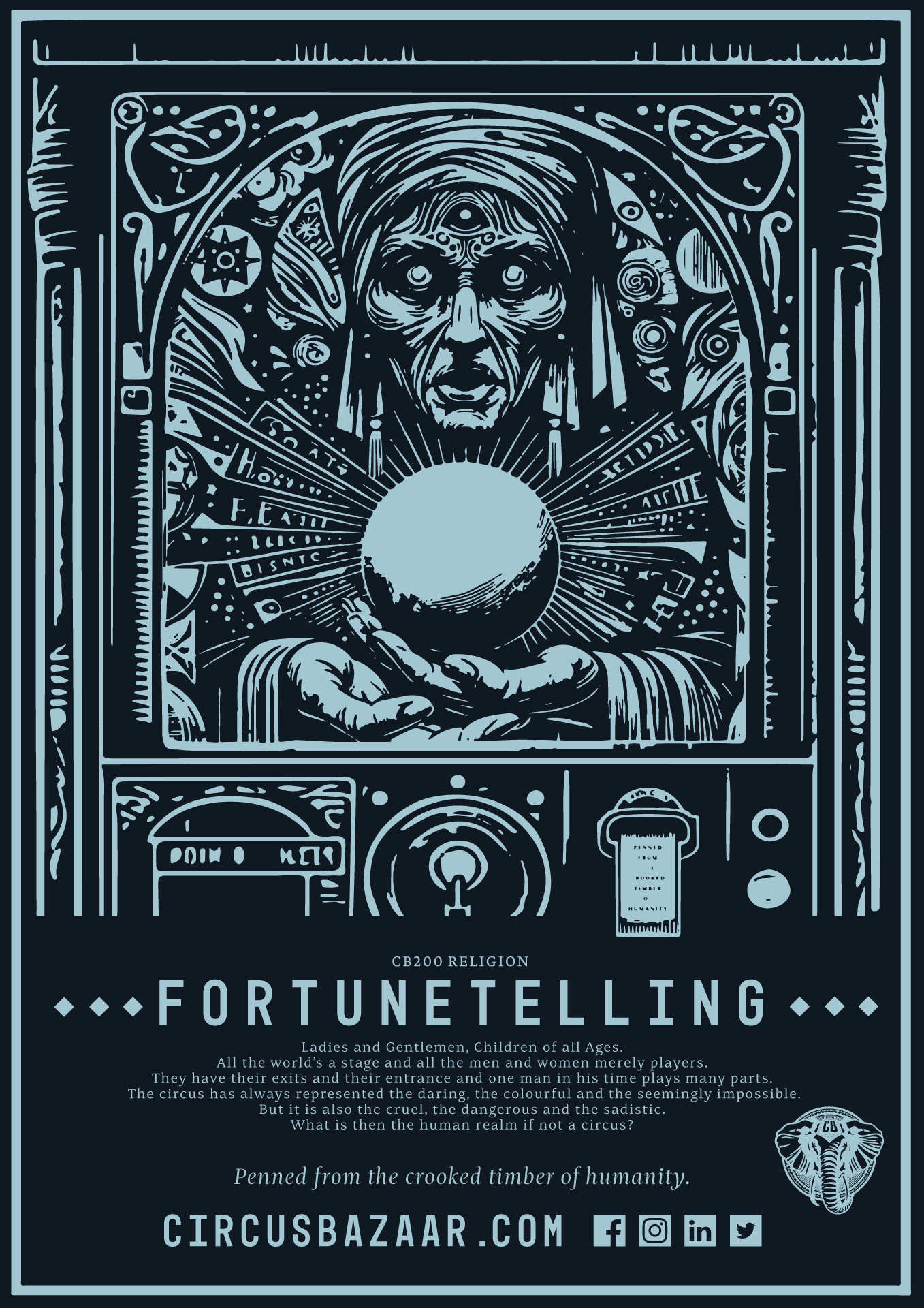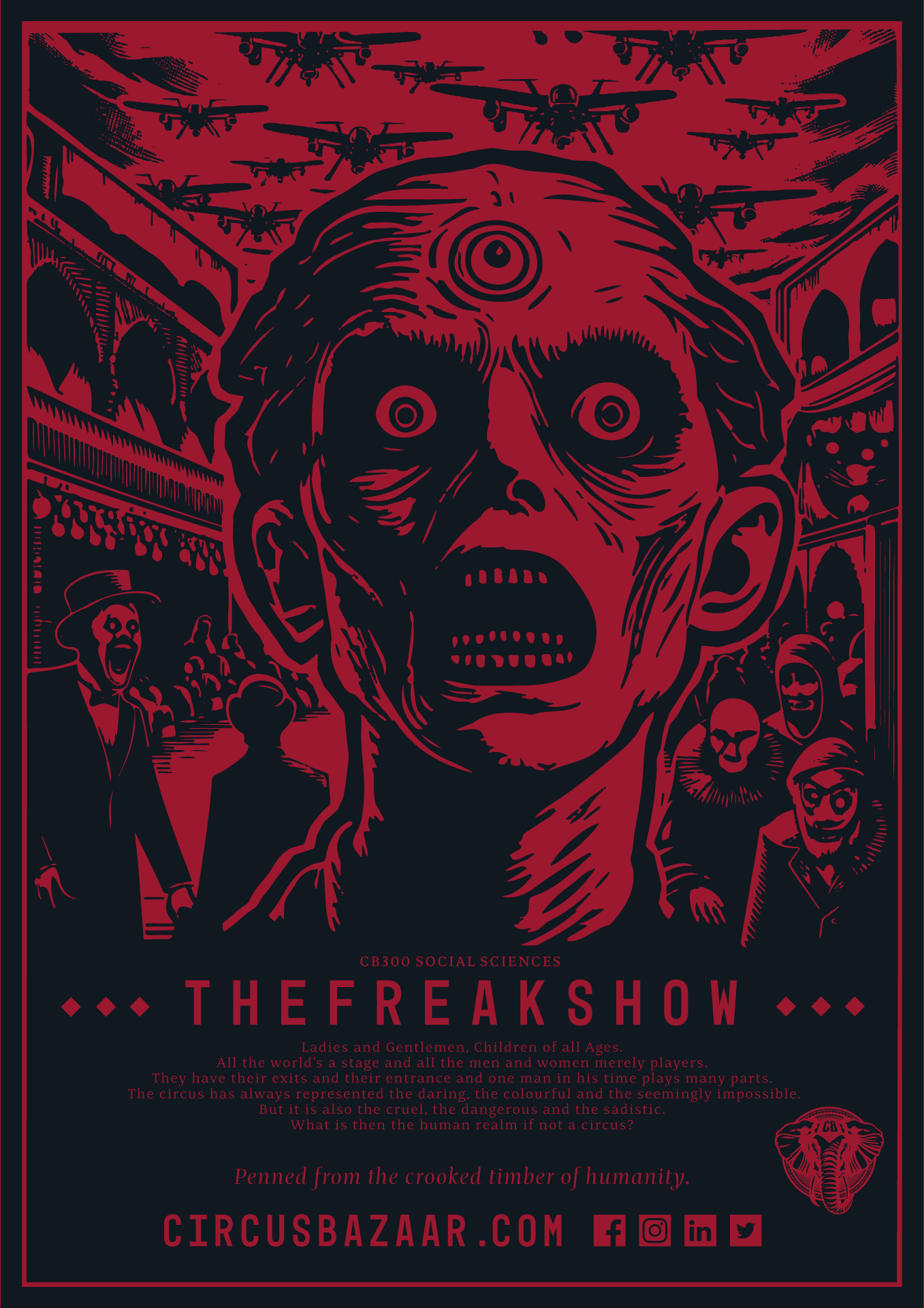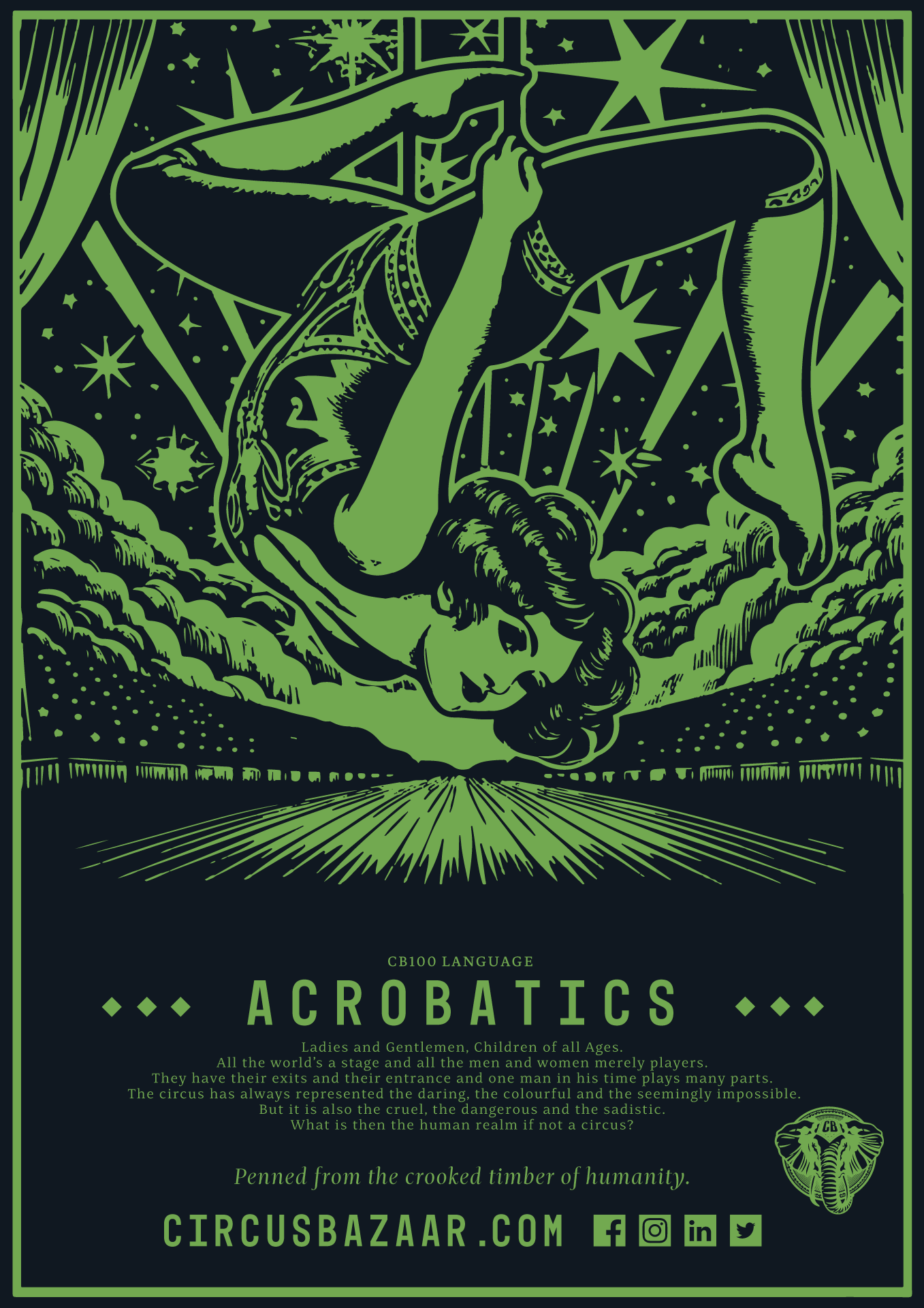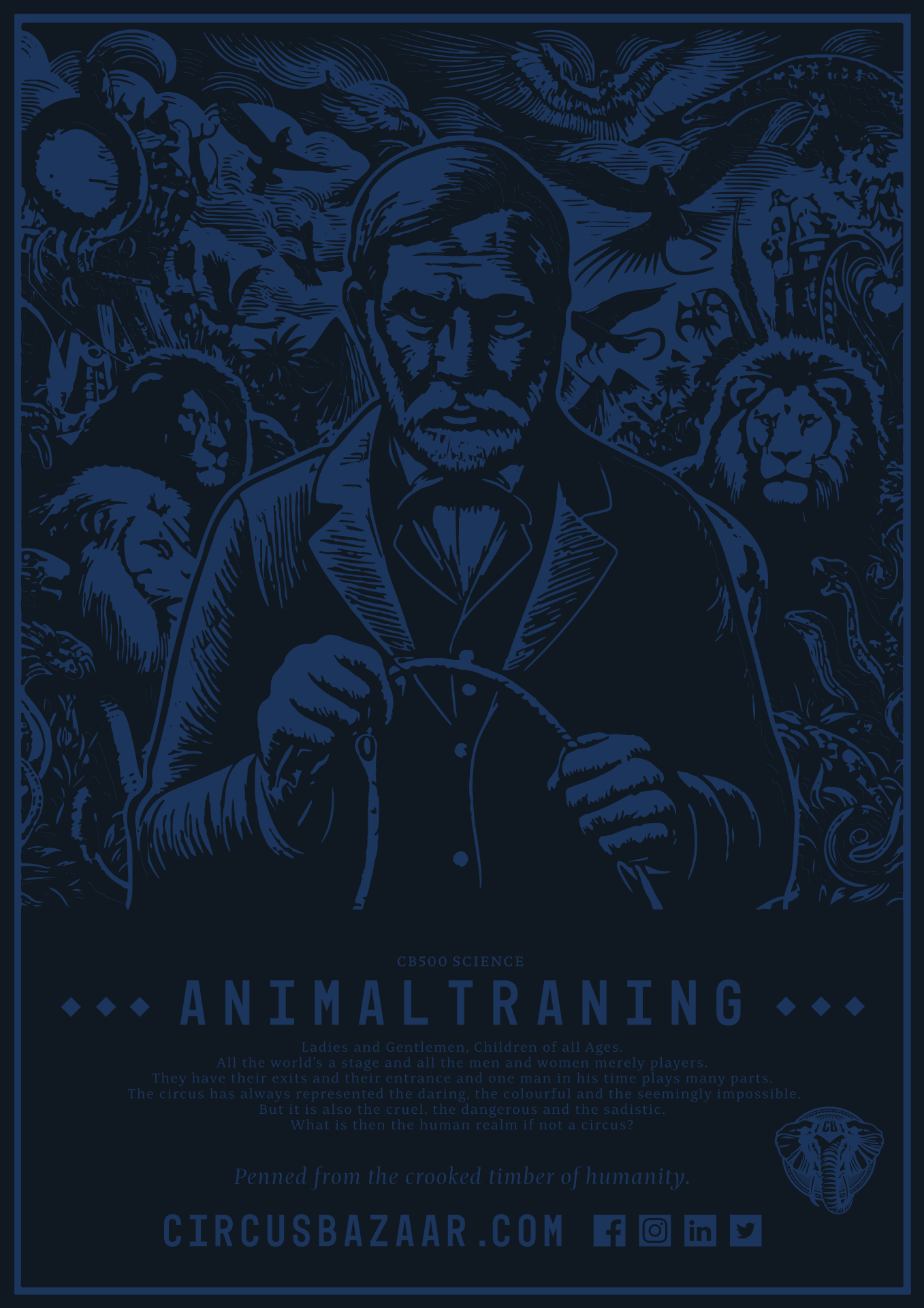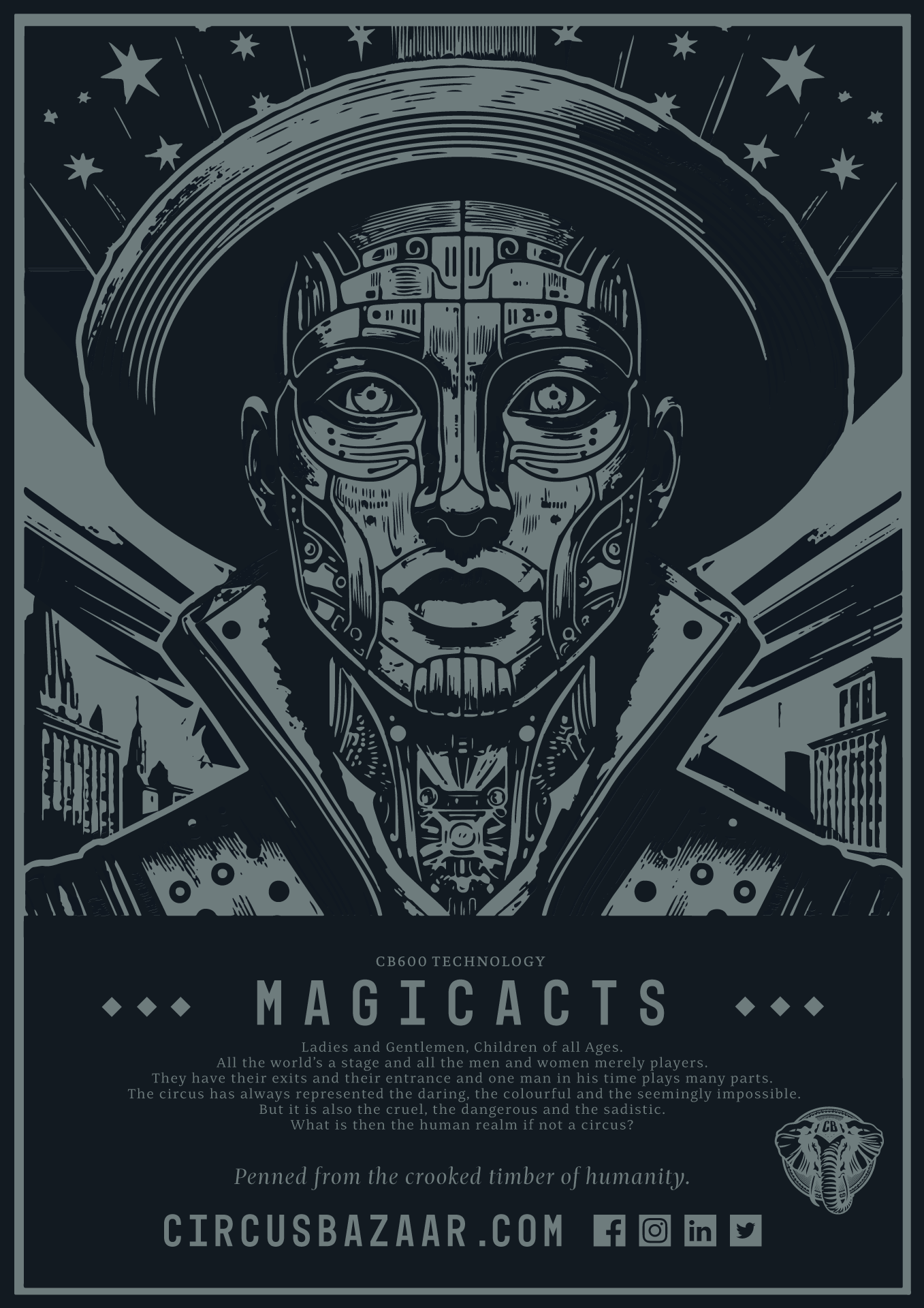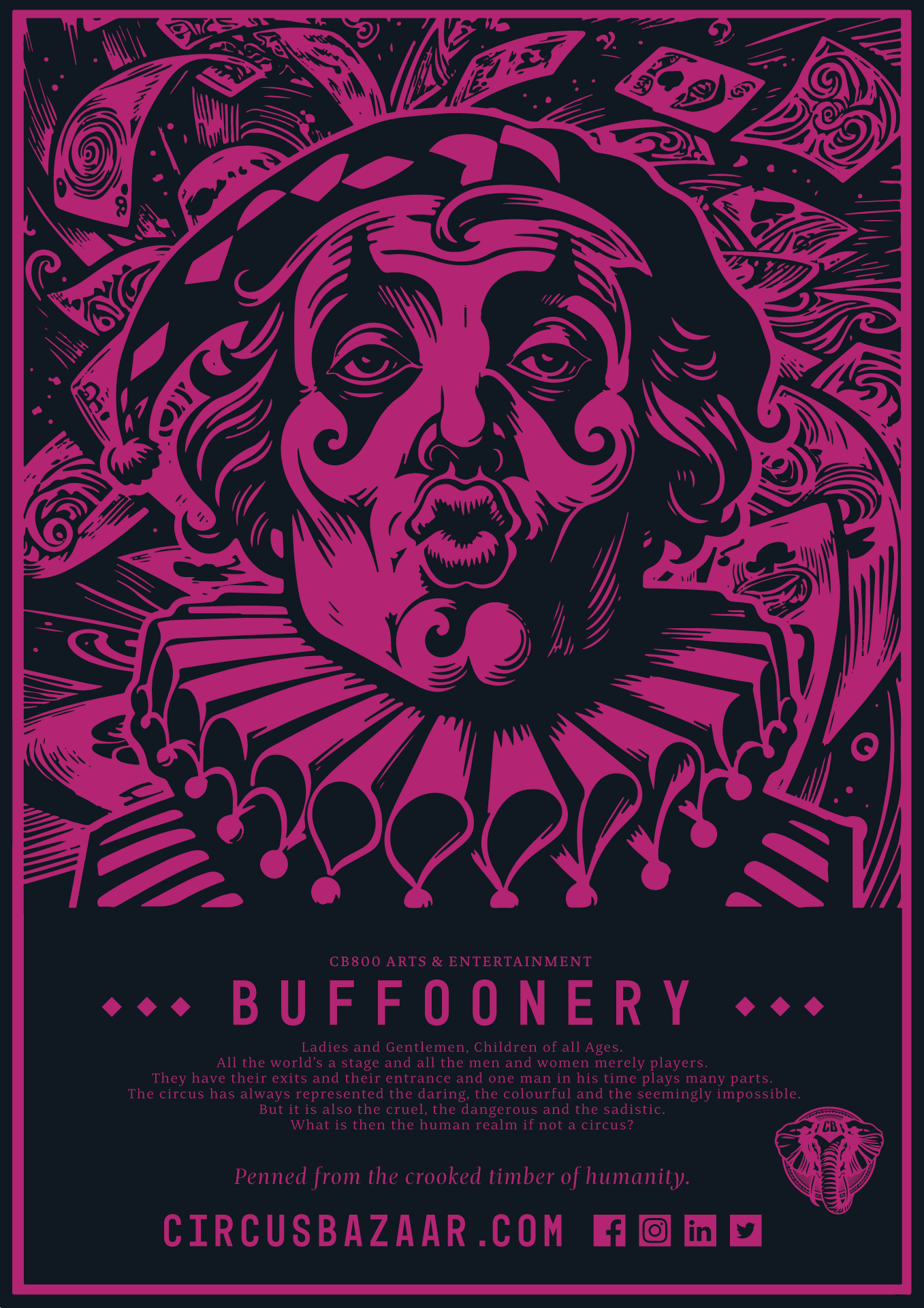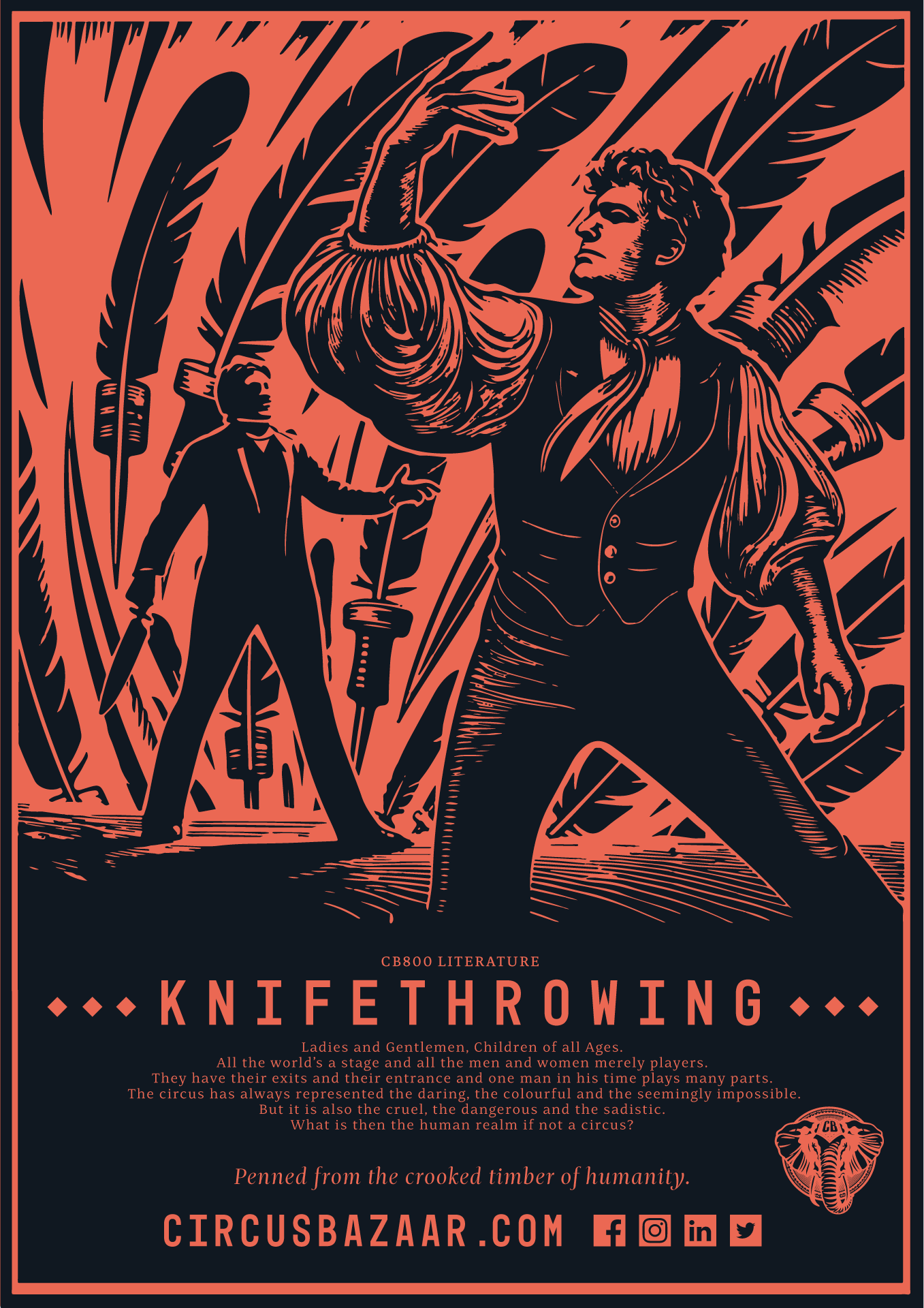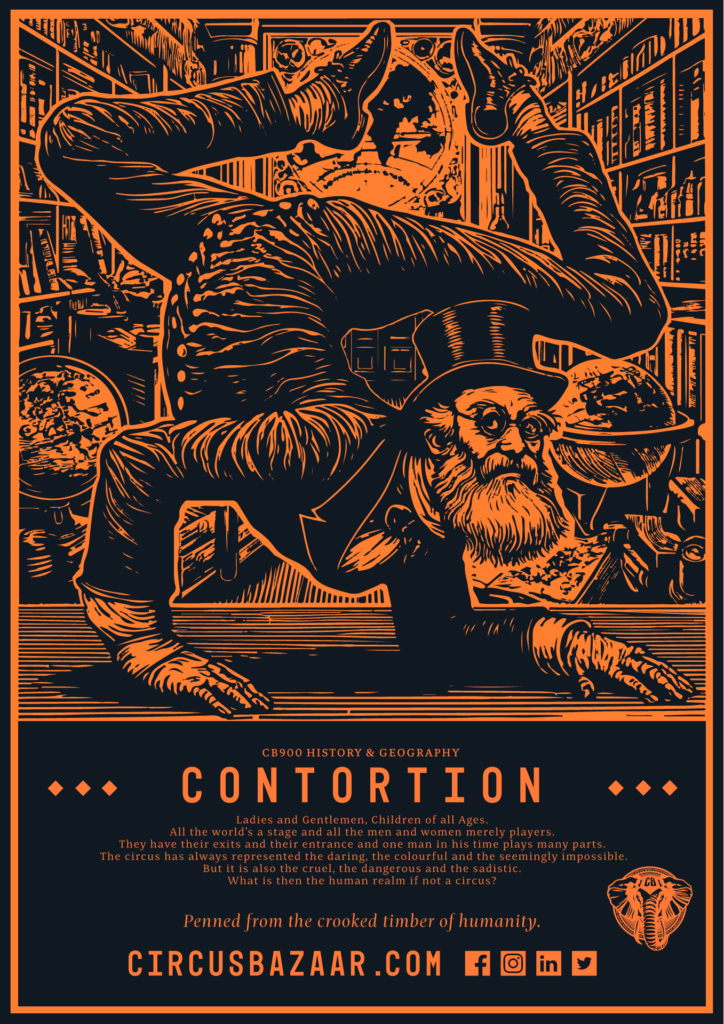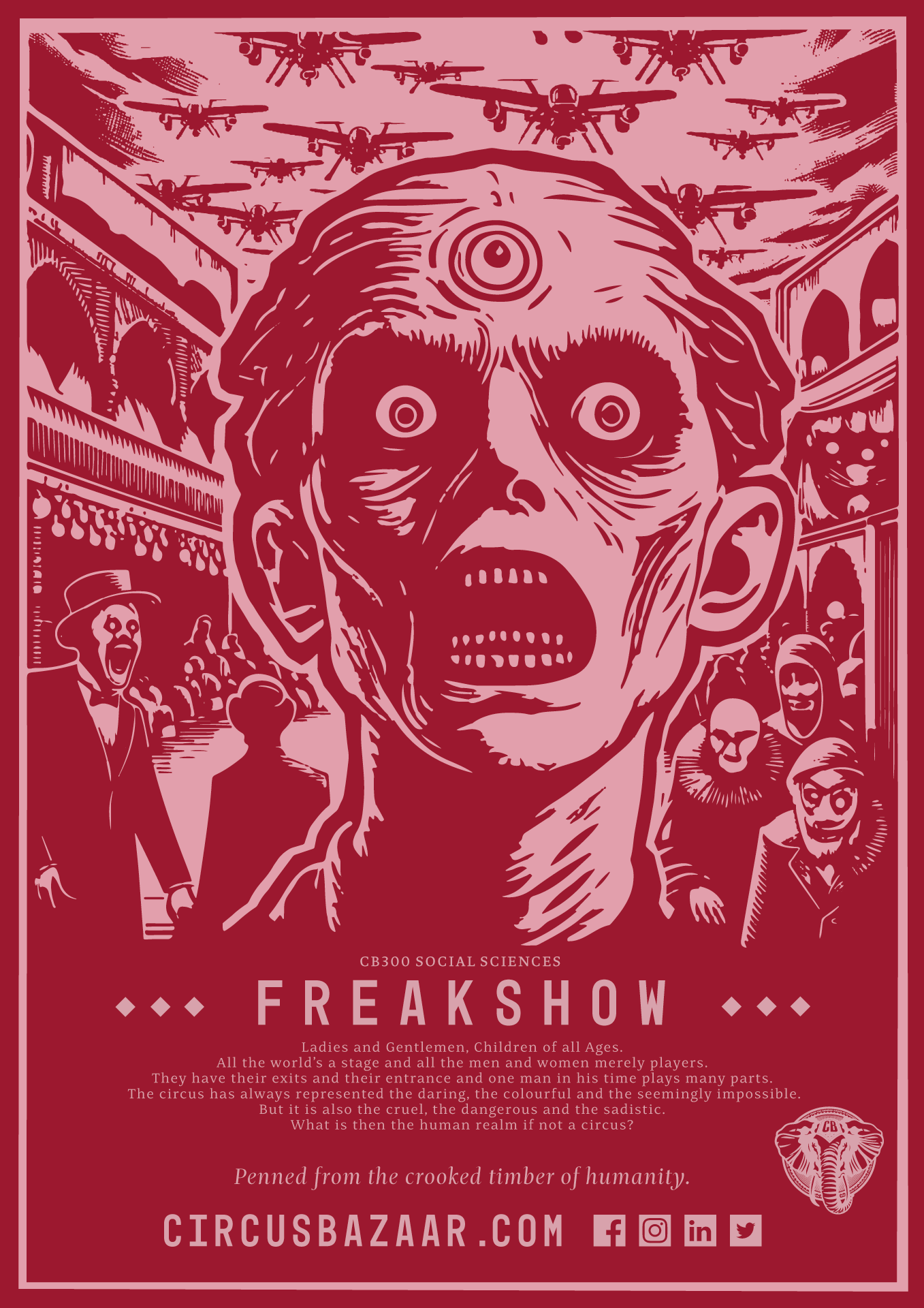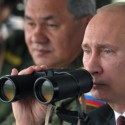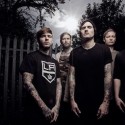 Today, Sunday, I went to Maidan. Several hundred thousand Kyiv residents went there also. We came together to commiserate; to pay our respects to those who died last week as Kyiv rid itself of a tyrant; to deal with our shock at having our country attacked by another. As I sit here writing these words my eyes fill with tears… If the Kremlin has its way, half of the people I stood with today will be dead soon.
Today, Sunday, I went to Maidan. Several hundred thousand Kyiv residents went there also. We came together to commiserate; to pay our respects to those who died last week as Kyiv rid itself of a tyrant; to deal with our shock at having our country attacked by another. As I sit here writing these words my eyes fill with tears… If the Kremlin has its way, half of the people I stood with today will be dead soon.
[pullquote] “Since the 2004 Orange Revolution, according to advisors who were once close to Putin (e.g. Andrey Ilarionov), the Russian President has been fixated on the very real threat of a domino effect of revolutions in post-Soviet states – particularly in Ukraine.” [/pullquote]
I am not an expert on geopolitics, and so feel distinctly uncomfortable providing academic commentary on the current situation. When the Ukrainian revolution was a local affair, I felt confident in my analysis, and indeed in my predictions as to the course of events. As a sociologist, I understand (and feel) the social mood of Ukrainians – both the country’s leaders and its citizens. But in today’s circumstances, the course of events no longer depends on the Ukrainian people or its leaders – now we are pawns in a global game. Under the circumstances, seeing the forest for the trees is increasingly difficult because the “forest” (context) seems to have gotten much bigger.
We don’t want to loose you. Follow us on Facebook to keep updated.
From what I’ve been able to gather from watching the mainstream western news reports (CNN, BBC, Euronews), there seems to be a very serious disconnect between the western world’s understanding of the “Putin context” and the understanding of the mind of the Russian President prevalent on the streets of Kyiv. As far as I can tell, most western analysis of the motivations behind Putin’s military excursion into the Crimea (and his massive buildup of personnel and equipment on Ukraine’s eastern border) can be classified into two camps:
- Putin is a real-politik imperialist who is trying to recreate the Soviet Union (commentators who subscribe to this theory like to repeat the Russian President’s 2012 statement that the collapse of the USSR was the greatest calamity of the 20th century). Putin’s planned Eurasian Union, that was to include Ukraine until Yanukovych’s ouster, was to be Russia’s primary tool for reinstutionalizing itself as a global power – the centerpiece of a political-economic space stretching from the Baltic and Black Seas to the Pacific. In this context, the Kremlin’s current military intervention in Crimea is seen to be a logical (although extreme) continuation of the policy of strong-arming Ukraine away from the EU – i.e. as a declaration (to the West) of Russia’s sphere of influence.
- Putin is a Russian nationalist (some would say fascist) who is genuinely concerned about the fate of Russian-speakers and ethnic Russians living in former-Soviet countries on the borders of the Russian Federation. Of course this theory does not contradict the previous one, according to which the Kremlin’s actions are seen as a desire to recreate the USSR’s “grandeur”. However, whereas the “global power” approach means that the West may be able to negotiate with Putin (i.e. to accept that Ukraine – in whole or in part – falls into a Russian sphere of influence), the “Russian nationalist” approach posits Putin as a reincarnated Hitler with whom the West should (probably) not be negotiating at all.
Listening to the rhetoric emanating from Moscow, there is certainly ample evidence in support for the “Putin-as-nationalist” explanation for Russia’s invasion of Crimea. The fact that there was/is no credible threat to the Russian language in Crimea, or more broadly, to the wellbeing of ethnic Russians in Ukraine is clearly irrelevant to the Kremlin: ethnic nationalism is always based on imagined constructs that rarely reflect reality. Mr. Hitler skillfully used such imaginary constructs to justify the annexation first of Austria and then of Silesia (Sudetenland) prior to the start of WWII.
 The key twist in logic used by Russia to seemingly generate a “legal” justification for its actions in the “near-abroad” involves conflation of citizenship with ethnicity. For example, last night, when the chairwoman of Russia’s Federation Council, Valentyna Matvienko, announced the body’s approval of President Putin’s request for permission to deploy Russian troops on the territory of Ukraine “until the socio-political situation is stabilized”, she referenced numerous cases in the past when only a single American or Israeli citizen was threatened, and this resulted in the “entire machine of these states being mobilized.” In her words, “in this case we have a situation with 60% of Crimeans being Russians (“Russkiye”)! Of course we are obligated to protect them.”
The key twist in logic used by Russia to seemingly generate a “legal” justification for its actions in the “near-abroad” involves conflation of citizenship with ethnicity. For example, last night, when the chairwoman of Russia’s Federation Council, Valentyna Matvienko, announced the body’s approval of President Putin’s request for permission to deploy Russian troops on the territory of Ukraine “until the socio-political situation is stabilized”, she referenced numerous cases in the past when only a single American or Israeli citizen was threatened, and this resulted in the “entire machine of these states being mobilized.” In her words, “in this case we have a situation with 60% of Crimeans being Russians (“Russkiye”)! Of course we are obligated to protect them.”
The “need to protect ethnic Russians” argument is repeated by the Russian political elite with impunity. According to the Kremlin’s website, the phrase “to protect Russian citizens and compatriots” was used by Putin in last night’s telephone conversations with both Presidents Hollande and Obama as the primary and sufficient reason for sending Russian forces to Crimea. I have no idea whether western leaders are accepting this ethnic nationalist argument as a legitimate justification for invasion, but certainly the mainstream international press seems to see it as a convenient aspect of the “story” that is worth repeating: according to some reports, one gets the impression that Crimeans are “welcoming” Russian troops (much like some Austrians welcomed the Wehrmacht in 1938?).
However, Crimea is far from being a mono-ethnic territory, and this fact seems to be poorly understood by the western media. Approximately 250 000 residents of the autonomous republic are Crimean Tatars – a people that was deported from the Crimea by Stalin after WWII, and only allowed to return after Ukraine’s independence in 1991. One of the leaders of this ethnic group spoke at the demonstration on Independence Square in Kyiv today, and his message to President Putin was absolutely clear: “if a single drop of Muslim Tatar blood is spilt in Crimea, Red Square in Moscow will become true to its name. By starting a war in Crimea, Mr. Putin, you are starting a war against all Muslims in your own country. It will be your end.” Crimean Tatars are not fundamentalists, but the Islamic faith promotes significant solidarity among its believers – a factor that makes Mr. Putin’s gamble particularly dangerous. The Kremlin’s ethnic nationalist argument for intrusion into a sovereign country could just as easily be turned against the Russians, and used to legitimize urban terrorism by Muslims in Moscow.
The risks of Putin’s operation are unbelievably high, and it is naïve to believe that the Kremlin is unaware of these risks. It is for this reason that I am skeptical of the veracity of the “protect ethnic Russians” argument for invasion. Furthermore, if Putin’s real motivation were political-economic expansion (as the “Russia defending its sphere of influence” paradigm would have us believe), risking international isolation immediately after the Sochi Olympics would likely have been enough to dissuade any hawks within the Kremlin from resorting to overt military action on the sovereign territory of Russia’s southeastern neighbor. I would argue that the real motivations for Putin’s actions in Ukraine are much more superficial, less strategic, and far less etatist. In other words, this fight is about Putin personally staying in power. The Russian President needs to remove a very direct perceived threat to his authoritarian rule of Russia, and he needs to do this graphically, publicly, and quickly.
Since the 2004 Orange Revolution, according to advisors who were once close to Putin (e.g. Andrey Ilarionov), the Russian President has been fixated on the very real threat of a domino effect of revolutions in post-Soviet states – particularly in Ukraine. After the very public ousting of Yanukovych from power in Kyiv last week, a very real threat to the inviolability of authoritarian rule in the entire Soviet region has appeared. Throughout the events of Ukraine’s revolution in Kyiv, the Russian media was fixated on discrediting the Maidan, but Russian intellectuals became increasingly vocal in their support. Immediately after the fall of Yanukovych, friends of mine from Russian intelligentsia circles in St. Petersburg and Moscow began asking “if the “Khakhly (derogatory term for Ukrainians) could do it, why can’t we?” The risk of a domino effect has become very real, and eminently threatening to Putin.
[pullquote] “The world’s eyes are on Ukraine – and with good reason. If the Russian invasion of this country is not stopped, we will have a blood bath in the center of Europe in the “greatest” traditions of this continent (WWI, WWII…).”[/pullquote]
The world’s eyes are on Ukraine – and with good reason. If the Russian invasion of this country is not stopped, we will have a blood bath in the center of Europe in the “greatest” traditions of this continent (WWI, WWII…). Indeed, a blood bath seems to be exactly what the Kremilin wants/needs in order to discredit the Ukrainian revolution in the eyes of the Russian public. That is what really frightens many Ukrainians tonight.
Yesterday, the Russian consulate in Simferopol publicly presented 9 Berkut soldiers from the unit that was most active on the streets of Kyiv during the violent days of Ukraine’s revolution, with Russian passports. Officially they are now not only compatriots, but citizens of the Russian Federation, and apparently they are in desperate need of the Kremlin’s protection.
A photo from the recent pro-Russian demonstration in Kharkiv is instructive for understanding what is really going on in the east of Ukraine – i.e. the extent to which the supposedly grass roots pro-Russian demonstrations outside of Crimea are actually orchestrated by Russia. Much has been made of the fact that yesterday, protesters in Ukraine’s second largest city, who denounced the nascent post-revolutionary government in Kyiv as illegitimate, apparently raised the Russian flag on the Kharkiv oblast administration building. As was revealed later by Ukrayinska Pravda journalists monitoring social media, the flag was in fact raised by Mika Ronkainen – a resident of Moscow who came to Kharkiv to “visit the city and support the fight against the Banderites”.
In an apparently brilliant move aimed at diffusing any rising regional separatist tendencies that may have gained local support in the eastern regions of Ukraine, the newly formed Kyiv government today announced the appointment of local oligarchs to key executive positions in these regions. In Dnipropetrovsk, Ihor Kolomoysky, the co-owner of the Pryvat business group (which includes Ukraine’s largest bank) was appointed head of the oblast administration. Incidentally, Kolomoysky is the President of the All Ukrainian Union of Jewish Public Organizations (a fact that refutes the Kremlin’s claim that the revolutionaries in Kyiv are anti-Semitic nationalists), and one of Ukraine’s richest oligarchs. Under “peaceful” circumstances, appointing one of Ukraine’s top oligarchs to the governorship of the country’s second most economically important region would have been controversial, but at a time when the ability to mobilize local resources is key, such an appointment is commendable. In Donetsk oblast, the regional administrator is now Serhiy Taruta, owner of the Industrial Union of Donbas, whose net worth according to Forbes.ua is just under $600 million. As with Kolomoysky, Taruta could, in case of Russian intrusion, easily raise a local paramilitary army using his own private resources. And next to Rinat Akhmetov (Ukraine’s richest oligarch, former supporter of Yanukovych, and now on record as supporting the territorial integrity of Ukraine), Taruta is probably the most respected member of the Donetsk local elite.
 The nascent post-revolutionary government in Kyiv seems to understand the real motivations behind the Kremlin’s military escapades in Ukraine. Its response to Russia’s invasion of its sovereign territory has been quietly strategic and surprisingly muted with respect to the prospect of an armed response. Although it may be argued that key Ministers (e.g. Defense and Interior) may have been caught off guard by Putin’s sudden actions, it would seem that Kyiv’ restraint has been well coordinated and deliberate. Although mobilization of reservists has been ordered, and Russia’s invasion has been publicly condemned at all levels, Prime Minister Yatseniuk and Acting President Turchynov were both careful today to state that Ukraine is “on the verge of war” rather than actually at war. This may be interpreted as reflecting a sober evaluation of Ukraine’s military capability (clearly insufficient in an open war against Russia), but more likely, it reflects a desire to avoid any uncontrolled escalation that might result if Russian troops were to be visibly provoked by their Ukrainian “hosts”.
The nascent post-revolutionary government in Kyiv seems to understand the real motivations behind the Kremlin’s military escapades in Ukraine. Its response to Russia’s invasion of its sovereign territory has been quietly strategic and surprisingly muted with respect to the prospect of an armed response. Although it may be argued that key Ministers (e.g. Defense and Interior) may have been caught off guard by Putin’s sudden actions, it would seem that Kyiv’ restraint has been well coordinated and deliberate. Although mobilization of reservists has been ordered, and Russia’s invasion has been publicly condemned at all levels, Prime Minister Yatseniuk and Acting President Turchynov were both careful today to state that Ukraine is “on the verge of war” rather than actually at war. This may be interpreted as reflecting a sober evaluation of Ukraine’s military capability (clearly insufficient in an open war against Russia), but more likely, it reflects a desire to avoid any uncontrolled escalation that might result if Russian troops were to be visibly provoked by their Ukrainian “hosts”.
Provocation seems to be in Putin’s interests: if Ukraine descends into a form of anarchy (or at least if images of mass violence and chaos can be transmitted from Ukraine’s regions to Russian television viewers), the Kremlin could credibly argue to its own people that revolutions bring no good.
But Ukrainians seem to have answered Putin’s aggression with something he clearly did not expect: peaceful protest! After 3 months of very real social activism, and commendable individual initiative, sacrifice and conscientious citizenship, today Ukrainians are feeling helpless and lost. Their collective achievement – overthrowing Yanukovych, and driving out his closest henchmen – is now in danger of being negated by an aggressive Putin. Amazingly, even in this context, they are not vengeful! Today’s Maidan spoke Ukrainian and Russian interchangeably. Ironically Ukrainian Presidential candidate Klitschko spoke Russian, and former Georgian President Saakashvili spoke Ukrainian. The running joke from the stage seemed to be: “Look at all of us – extremist fascists! All 200 thousand of us!” And to the credit of those on stage, even though the crowd gathered on Independence Square today was clearly angry at the Kremlin, they heard no specific call to arms, and speaker after speaker stressed that it is Putin who is the enemy, not the Russian people. Ukraine’s leaders seem to be desperately trying to avoid the trap of violent reaction, and this restraint is not just commendable, it is amazing!
 The remarkable extent of Ukrainians restraint under extreme duress needs to be recognized (and rewarded) by Ukraine’s friends in the West. Eventually, it will be the US and its NATO allies who will be called upon to negotiate a resolution to the current crisis in Ukraine. If they approach these negotiations believing that Russia should be guaranteed a particular sphere of influence, they will have betrayed the Ukrainian people. If they approach the negotiations believing that Putin truly wants to protect the interests of Russians in the “near-abroad”, they will have been duped by Kremlin propaganda. If, however, they recognize that Putin’s time in office is limited, and that he simply needs to be controlled so that the “scourge” of democratic revolution can spread from Kyiv to Moscow and St. Petersburg, they will have saved many thousands of Ukrainian lives, and simultaneously contributed to the belated transformation of Russia into a country whose people enjoy the same freedoms as are cherished throughout the western world.
The remarkable extent of Ukrainians restraint under extreme duress needs to be recognized (and rewarded) by Ukraine’s friends in the West. Eventually, it will be the US and its NATO allies who will be called upon to negotiate a resolution to the current crisis in Ukraine. If they approach these negotiations believing that Russia should be guaranteed a particular sphere of influence, they will have betrayed the Ukrainian people. If they approach the negotiations believing that Putin truly wants to protect the interests of Russians in the “near-abroad”, they will have been duped by Kremlin propaganda. If, however, they recognize that Putin’s time in office is limited, and that he simply needs to be controlled so that the “scourge” of democratic revolution can spread from Kyiv to Moscow and St. Petersburg, they will have saved many thousands of Ukrainian lives, and simultaneously contributed to the belated transformation of Russia into a country whose people enjoy the same freedoms as are cherished throughout the western world.
The risks in this “game” are extremely high. On the one hand, if the West allows Putin to violate the territorial integrity of Ukraine with impunity, the international community risks its credibility with respect to such problematic states as Iran and North Korea. In the early 1990’s Ukraine voluntarily gave up its nuclear arsenal (the world’s third largest at the time) in exchange for security guarantees from Russia, the US and the UK. These were fixed in the so-called Budapest Memorandum in 1994, and then re-confirmed by the US in 2008. Now, one of the supposed “guarantors” of Ukraine’s territorial integrity has itself violated this country’s borders with its own military! What sort of precedent does this create for nascent nuclear powers that are being encouraged to follow Ukraine’s footsteps? Iran and North Korea (and others) will now correctly (!) argue that any international agreements that they may be encouraged to sign are, in fact, worthless: if they give up their nuclear arsenals, they will be putting themselves at increased risk of attack in the future.
[pullquote] “Unfortunately I am convinced that Putin is now a rat that has backed himself into a corner. He has no choice but to destabilize the post-revolutionary Kyiv government. If he doesn’t, he risks suffering the same fate as Yanukovych.”[/pullquote]
The risks for Putin are even higher. If he does nothing to discredit Ukraine, he risks a copy-cat revolution at home. If he invades Crimea (as he has), and stays for too long, he risks political isolation (e.g. exclusion from the G8) and economic sanctions. If he invades beyond Crimea, into areas where ethnic Ukrainians constitute the majority of the population (i.e. any region of Ukraine except Crimea), he risks both stronger reactions from the West, and an insurgency in Ukraine that could potentially spread beyond Ukraine’s borders – back into Russia, from where its root cause clearly originates. Unfortunately I am convinced that Putin is now a rat that has backed himself into a corner. He has no choice but to destabilize the post-revolutionary Kyiv government. If he doesn’t, he risks suffering the same fate as Yanukovych. During the coming days and weeks Putin will try to destabilize Ukraine’s eastern regions with hired thugs and paramilitaries. And he may yet impose his will on these regions with a formal invasion. At the very least, the restraint of Ukrainians will be tested. I fear that the Heaven’s Hundred, whose memory is honored in Kyiv’s city center, will be joined soon by many more.
God help us!
Follow Circus Bazaar on Facebook
Follow Circus Bazaar on Twitter
Subscribe to us on YouTube
